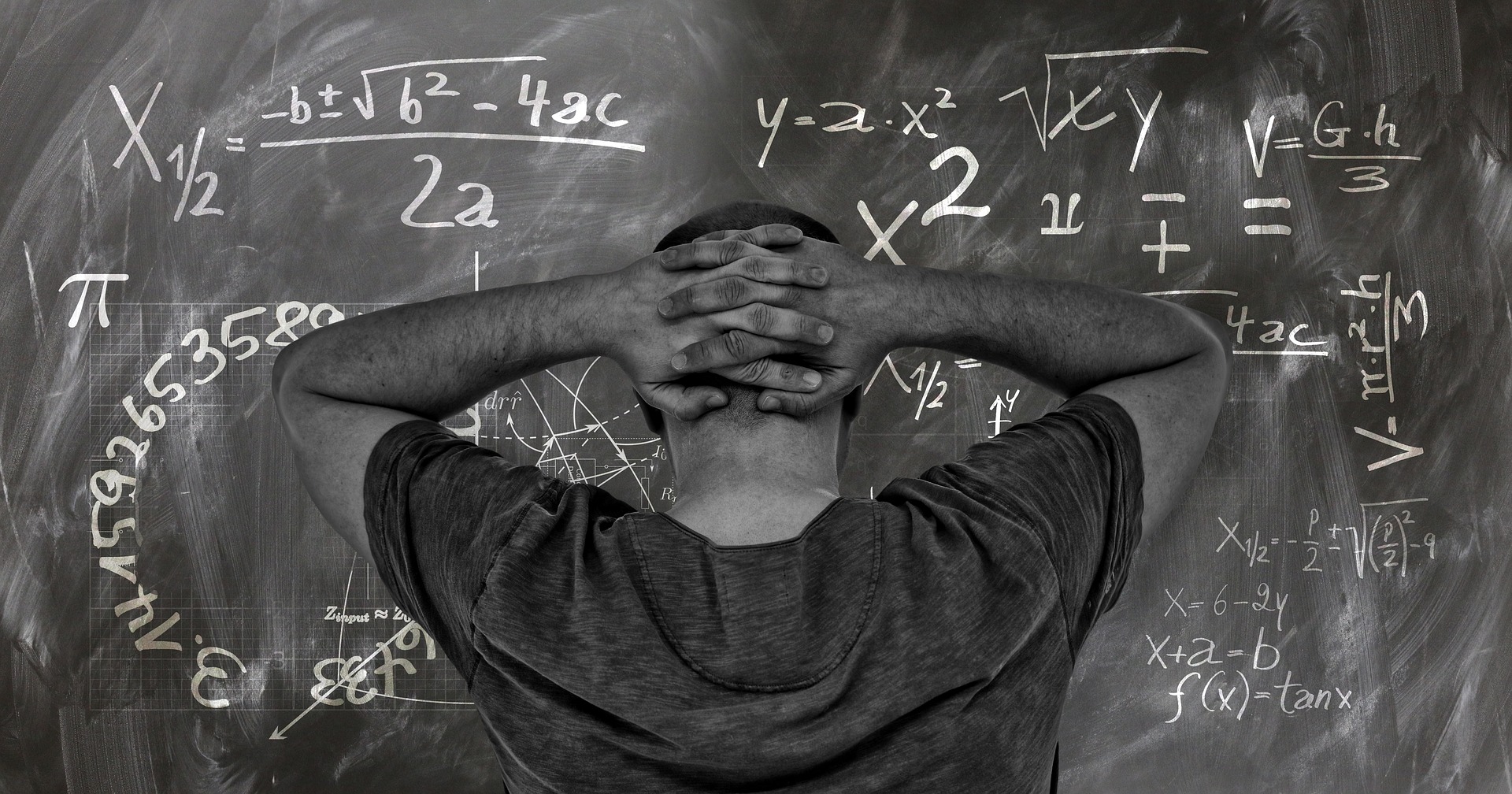Five Most Difficult Topics In Mathematics That Students Fear
Mathematics is regarded as a nightmare for many learners, although it is an important subject to prepare them for a good career. This subject is relevant in a lifetime and to master it, one must put in more effort and practice it regularly.
Many students find mathematics a difficult subject causing anxiety, stress, and a desire to withdraw from the subject. This blog is about the five most difficult topics in mathematics that students fear.
Calculus
Calculus is the study of integrals, function limits, and derivative combinations for real numbers and their analysis. Students find calculus difficult because they don't understand the nature of this topic and its application. Understanding calculus prepares learners for other subjects such as engineering and social studies.
University or college students having difficulties in understanding calculus can enroll for an online calculus course from Straighterline. Courses from StraighterLine provide students with credit transfers to facilitate a smooth transition to partner schools. The courses are affordable with a monthly subscription, including personalized tutoring, electronic textbooks, live support, and transcript processing.
Differential equations and dynamic systems
Differential equations constitute unknown functions and derivatives which learners are required to solve. Dynamic systems have fixed rules defined by time dependence by the use of geometry.
Differential equations and dynamic systems use different mathematical models to describe clock pendulum swinging and related applications. Other examples of a dynamic system include a description of how water flows in a pipe and the number of aquatic animals that each position has in a water body.
Understanding non-linearly changing dynamic systems remains a challenge for many learners, especially in practical applications. Even scientists find understanding the world changes difficult and are still trying to find answers to how systems behave the way they do.
Algebra
Algebra entails studying structures and systems designed, planned, and operated on sets by satisfying individuals. This field constitutes group theory that is focused on algebraic structures referred to as a group.
Besides being arithmetic with letters representing numbers, algebra requires critical thinking and using logic to solve problems. Many students find algebra difficult, although they succeed to some extent with lots of dedication and practice.
Algebra is all about thinking about numbers and not just computing with those numbers, so it is this generalization that confuses students. Here, students use qualitative, analytic reasoning regarding numbers which is not the case with quantitative reasoning that applies to arithmetic.
Combinatory
Combinatory is a study concerned with tasks of selection, operation, and selection within and discrete or finite system. Counting objects is a satisfying criterion that helps in analyzing and constructing objects within a system.
Mastering combinatorics does not only require remembering a set of formulae but also some knowledge of scientific counting. Sometimes students fail to begin combinatorics with the basics, including creating their own logic, so they find it difficult to engage in scientific counting, especially in advanced stages.
Logic
Mathematical logic includes areas such as proof theory, recursion theory, set theory, and model theory. Mathematical research logic addresses mathematical properties within formal systems such as deductive and expressive power.
Logical reasoning conclusions have complex implications for learners because they are required to engage in mind processing before arriving at conclusions. Many students have low mathematical reasoning skills and teachers are not able to emphasize the importance of reasoning in learning.
Many students have a tendency to think mechanically and memorize formulas which is an indication of low-level abilities. High-order reasoning skills should be taught to learners at the high school level to prepare them as they transit to college.
